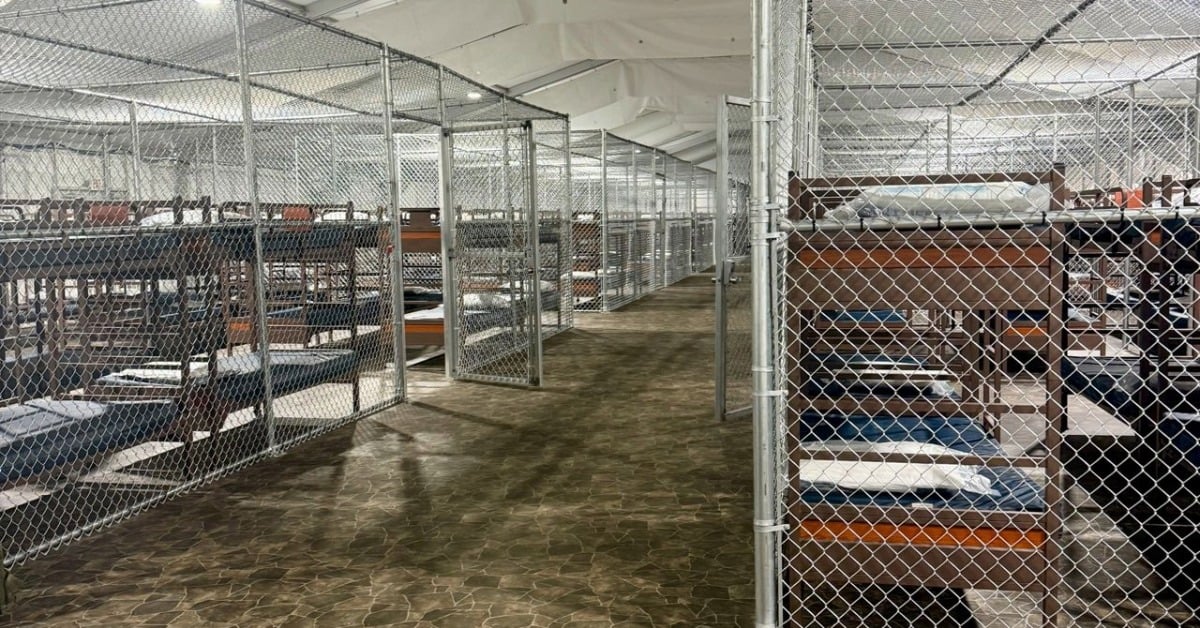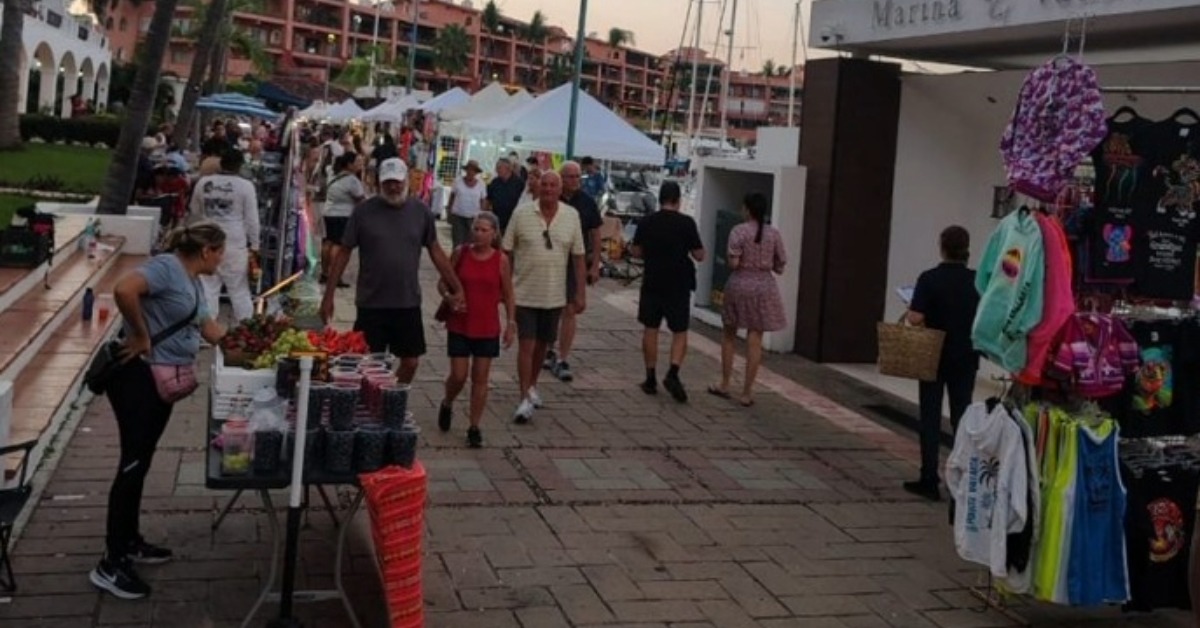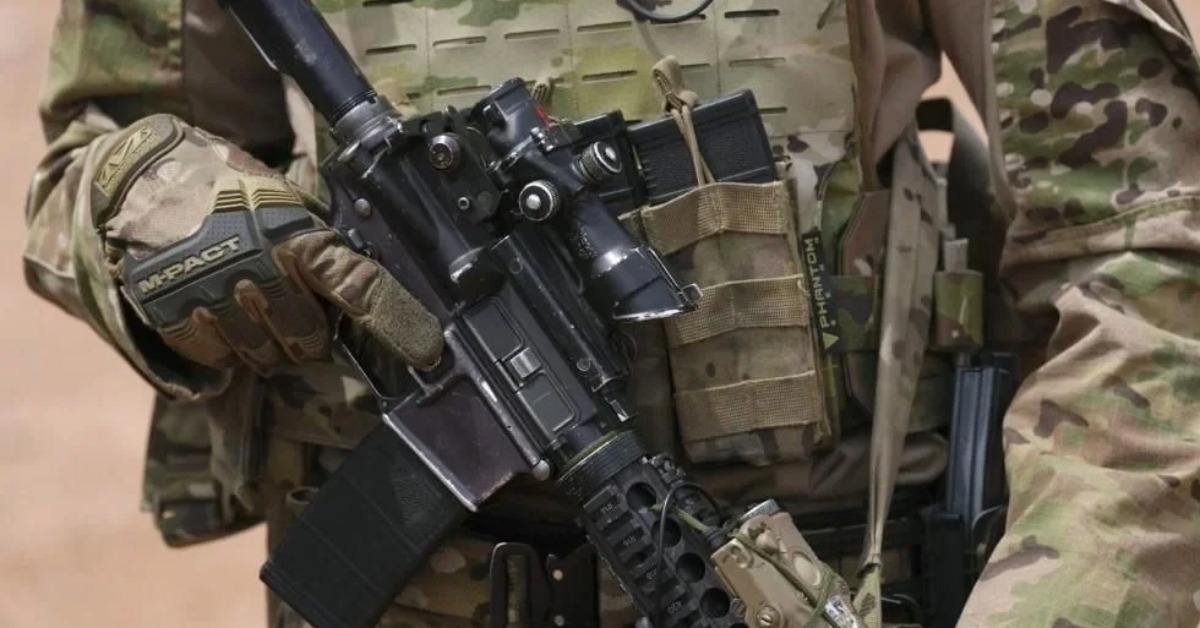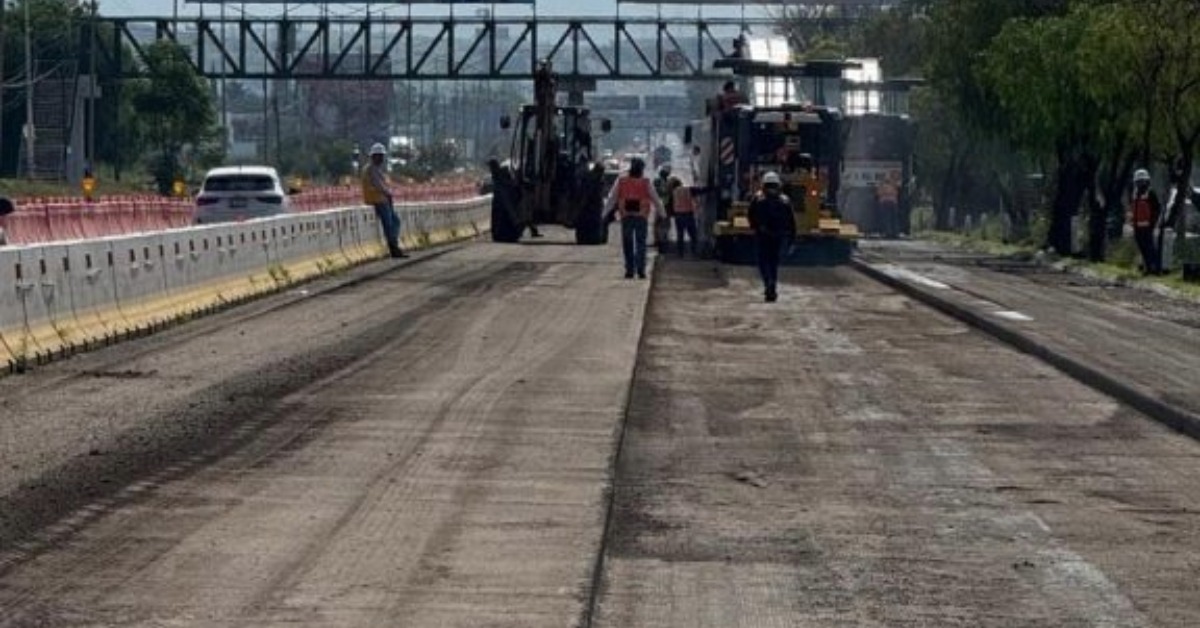Mexico City — Two Mexican brothers are back on home soil after surviving a harrowing detention in a U.S. immigration facility so notorious it’s nicknamed “Alligator Alcatraz.” Carlos and Alejandro González, ages 19 and 21, returned to Mexico this week and described spending 20 days handcuffed in a swampy Florida migrant jail, where they say they were shackled to the floor and surrounded by alligators. Their case, which drew outrage on both sides of the border, has prompted Mexico’s government to demand better treatment of its citizens in U.S . . .






